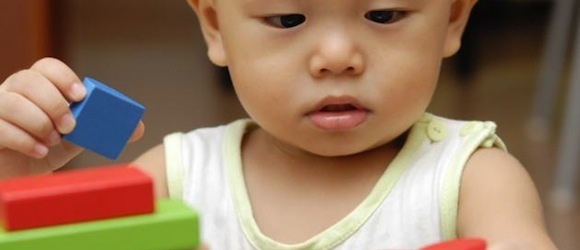
Are you a Praise Junkie Parent?
How do you find a balance when it comes to praising your children? How much is too much? How much is too little? Is it quality or quantity that is most important?
Tough questions, but ones that need to be figured out by parents and caregivers. There is no question that praising is definitely an important tool in raising confident children who have strong self esteem.
But further complicating this issue, is that psychologists tell us that not all praise is alike. There are two ways to offer praise to young children. There is personal praise and effort-based praise.
An example of personal praise might be," You're the best artist", when you view your child's drawing. Conversely, effort and behaviour is the focus of effort-based praise. Going back to that picture your child has drawn your comment would be, "You worked really hard on that… look at all the colours you choose."
While there is no problem with personal praise, it should not be overdone and should not be the only type of praise that you give your child. Effort-based praise does not depend on outcomes like whether your child wins the race or creates an exceptional painting. Rather it looks at process, effort and improvement. This type of praise builds self-worth and confidence for it is based on improvement and effort over time.
Unfortunately, parents often provide the opposite type of praise that their children need. When we feel that our kids are feeling insecure and unworthy, we often try to build them up with phrases such as, " You're the Best! Way to go! You're so smart!" Psychologists found that the children who were praised for their personal qualities, but did not do a good job and knew it, were most likely to experience feelings of shame, especially if they had low self-esteem already.
Conversely, researchers suggest that when children are praised for their efforts - not their outcomes - they are more likely to feel good about themselves, even when they don’t achieve success. As well, they believe that these kids will be more likely to try again as they see their failure as a temporary setback, not a personality flaw.
Now all of this might seem to many of you to be ridiculous and you would argue that there only is a subtle difference between praise focussed on effort and praise focussed on outcome. And there certainly is, and has been, great debate among experts for years regarding the effects of praise on children.
One respected author, Alfie Kohn, author of many books on children and parenting, feels that we must be careful with the praise we give our children as it can be harmful. He was the one that coined the title of this blog, 'praise junkies.' What he meant by this is that kids get 'hooked' on parental praise and evaluation instead of forming their own judgements.
Ultimately, I believe, that the question is not "Should we praise young children?", but rather "How should we praise young children?" A lot of research has shown that process praise motivates children to work hard, learn, explore, and have a healthy outlook on their abilities. In addition, praise that is sincere and conveys realistic expectations can promote a child's self-motivation.
So it is our task as parents and caregivers of young children to figure out what is right for our children. Nobody said that raising children to be happy, successful and confident was going to be easy.